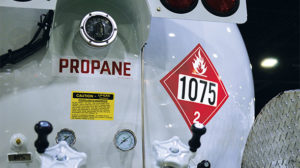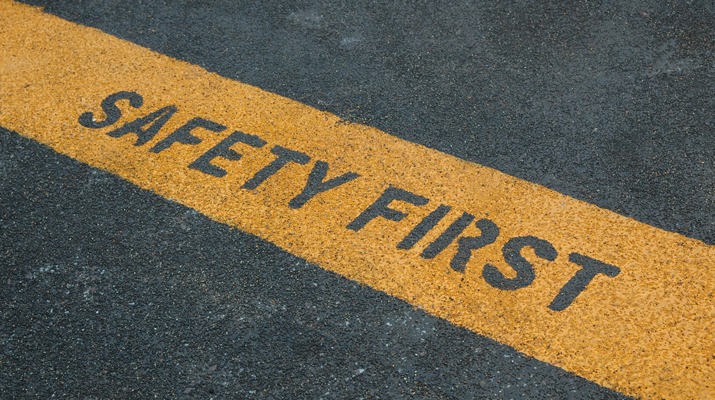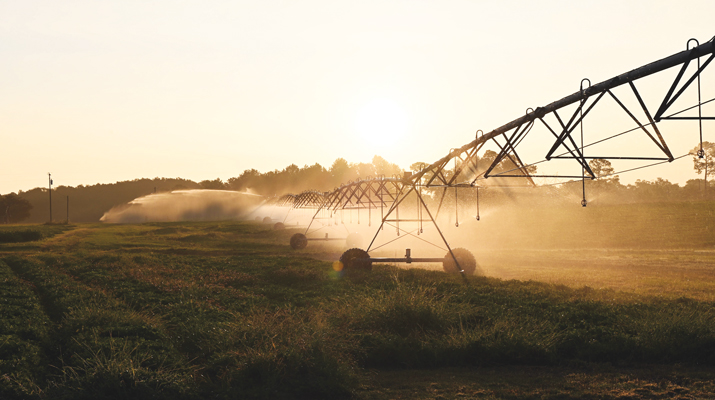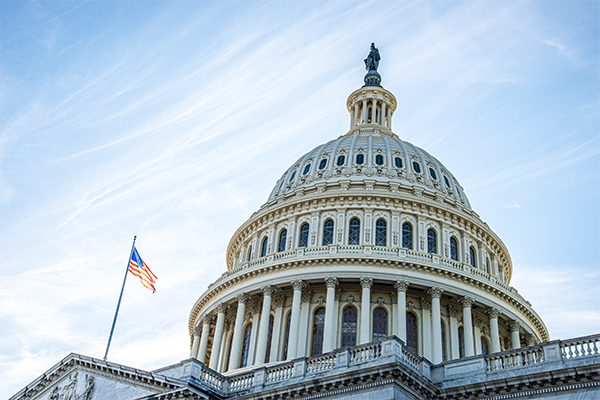Mitigating the risks faced by delivery professionals during a pandemic

Transportation professionals are critical links in the chain of essential fuel delivery. Photo by LP Gas staff
This month, I asked an industry peer, Jimmy Ainsworth, to co-author this piece. Ainsworth is an expert on trucking industries and the transportation of propane and other fuels. He reminds me how the propane transport professional is a part of our propane family.
As Jimmy and I discussed the COVID-19 pandemic and safety concerns for our delivery personnel, the United States and much of the world still contended with the virus’s impact.
Balancing uninterrupted service to our customers and ensuring everyone’s safety is a challenge all of us in the industry must meet.
A variety of professionals is involved in providing propane to millions of customers, from the transport driver who keeps the retail marketer supplied to the office personnel, service technicians and delivery drivers who are in contact with the end user every day. Many employees are able to work remotely during this period, but that’s not the case for drivers who deliver product to the industry’s bulk plants and retail customers.
The National Propane Gas Association has provided a number of regulatory resources regarding the pandemic at npga.org. In addition, the Propane Education & Research Council published the COVID-19 Safety Alert at propane.com. The document includes information about operational considerations, company-customer interactions, out-of-gas or gas odor calls and employer-employee interactions.
Other resources include the Occupational Safety and Health Administration, the Centers for Disease Control and Prevention and the Federal Emergency Management Agency.
Listed below are some examples of general practices that delivery drivers should consider to protect themselves and those around them, not only from COVID-19 but also other illnesses.
- Avoid touching your eyes, nose or mouth with unwashed hands.
- Frequently wash hands with soap and water. If soap and water are unavailable, use alcohol-based hand sanitizer that contains at least 60 percent alcohol.
- Clean with a sanitizing wipe all touch points in and outside of your vehicle as part of pre- and post-trip inspections.
- Be informed on the proper use of sanitizer, wipes, gloves and masks.
- Don’t share personal items like pens to avoid contamination.
- Stay home if you have an elevated temperature or other symptoms of an illness, and avoid close contact with others.
- Use a nod or wave instead of a handshake.
- Be aware of CDC recommendations and proper protocols.
- Use tools like Microsoft Teams or Zoom to conduct trainings or meetings online to reduce face-to-face or large group gatherings.
- Use electronic receipts whenever possible.
- Maintain a delivery and location record.
- Bring food from home, or use restaurants offering take-out options.
Modern economic activities cannot be sustained without continuous deliveries of fuels like clean American propane. Transportation professionals in the LPG industry are critical links in this chain. Developing and continuing to reinforce these safety practices will go a long way in creating the habits that aid in the prevention of health risks while preparing you for the upcoming cold and flu seasons.
A safe and healthy workforce will help keep our energy source available and reliable.
Randy Warner is the product safety manager for Cavagna North America. He can be reached at randywarner@us.cavagnagroup.com.
Jimmy Ainsworth is a consultant to companies in the LP gas, fuels and trucking industries. He can be reached at jimainsworth001@gmail.com.
NOTE: The opinions and viewpoints expressed herein are solely the author’s and should in no way be interpreted as those of LP Gas magazine or any of its staff members.
















